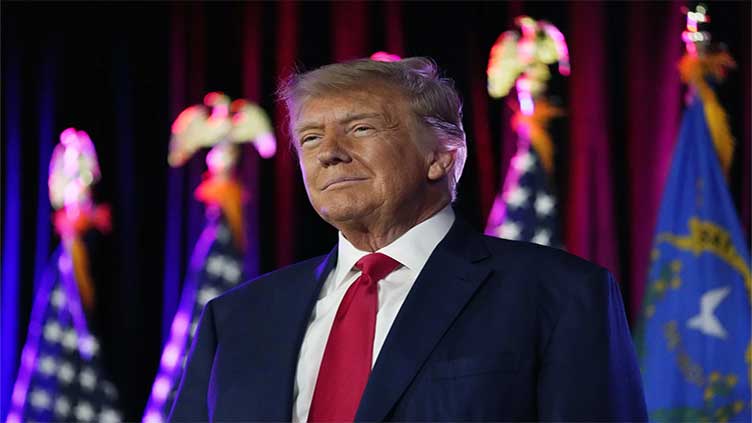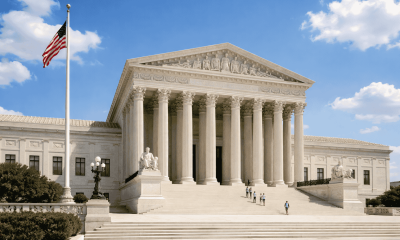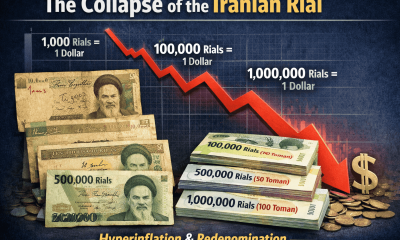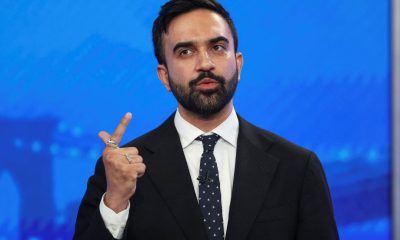
At a rally in North Carolina on Wednesday, Donald Trump struggled to stay focused on the economic message his campaign had promoted. While he made significant promises to cut energy prices and boost economic growth, he frequently veered off-topic, discussing Democratic nominee Kamala Harris’ laugh, the intricacies of wind energy, and President Joe Biden’s son.
During his 75-minute speech, Trump presented a range of broad policy ideas and ambitious promises, including reducing inflation, enhancing U.S. energy production, and improving living standards. However, his speech often deviated into his typical, freewheeling style filled with grievances and personal attacks, making it challenging for him to maintain a focused critique of Harris’ emerging campaign.
Trump expressed frustration over the Democrats’ decision to place Harris on their presidential ticket, disparaging her former role in San Francisco and questioning her intelligence. He mocked her laugh and suggested that her rise to vice president was a result of political correctness rather than merit.
In terms of policy, Trump vowed to eliminate “job-killing regulations,” roll back restrictions on fossil fuel production, and implement measures to combat inflation within his first year if re-elected. He also promised to remove taxes on Social Security benefits and tip income, and to lower energy costs by 50% to 70% within 12 to 18 months. However, he hedged this promise, noting that if it did not fully materialize, voters would still see significant reductions.
Trump seemed to question the purpose of his economic speech at times, suggesting that the focus on the economy might not be as crucial as initially thought. Republicans had hoped he would concentrate more on economic issues rather than his usual scattershot attacks on Harris. Recently, Trump had bypassed similar opportunities to focus on policy, instead engaging in lengthy discussions on social media and at press conferences.
While sticking to his prepared remarks, Trump compared the current economy unfavorably with his presidency and criticized Harris for failing to address inflation, which she had promised to prioritize on “Day One.”
Throughout the speech, Trump frequently shifted from his scripted points to personal attacks and criticisms of Harris, her former city of San Francisco, and Biden’s son, Hunter. He linked his focus on immigration policy to economic concerns, repeating debunked claims about the impact on Social Security and Medicare, and critiqued taxpayer spending on migrant housing.
The event took place in a key battleground state where Trump had a narrow victory four years ago. Despite attempts to pivot his campaign to address inflation, the rally amplified doubts about his ability to effectively use economic issues to challenge Harris.
The speech coincided with a Labor Department report showing that inflation had decreased to its lowest level in over three years, potentially benefiting Harris. She plans to visit North Carolina soon to outline her economic agenda focused on strengthening the middle class.
A recent poll indicates that Trump is slightly more trusted than Harris on economic issues, but the margin is narrow. Some attendees at the rally expressed a desire for Trump to provide more detailed plans and to broaden his appeal for the upcoming election.
Trump’s off-script moments included familiar inaccuracies, such as mocking wind energy and claiming that inflation would not have surged had he been re-elected in 2020, despite global factors like supply chain disruptions and the effects of the COVID-19 pandemic.
A Harris aide responded by highlighting that Trump lacks a coherent plan and meaningful interest in improving the middle class, criticizing his past policies and predicting that his proposals would worsen inflation and job losses while benefiting the wealthy and special interests.











